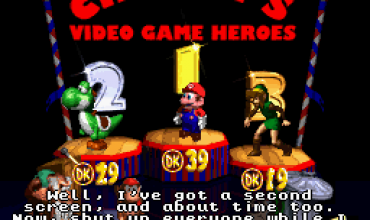I think it is safe to say that everyone reading this is pumped about the Wii U. The games appear to be fun and we get to see the return of some classic characters as well as a few new. But amidst all of the hype, there is still one lingering question…how much will it cost us?
Unfortunately, Nintendo has not yet felt the need to release the price point for the Wii U. Is it possible that even they are not sure how much it will cost the consumer? There have been some “leaks” of pricing throughout the world, but I can’t say that I truly believe them at this point. Although Nintendo has been tight lipped, Satoru Iwata did have this to say about the pricing:
“We won’t make the same mistake that we did with the 3DS, which was considered relatively high by consumers.”
So, what does Iwata’s comment mean? The only thing we can know for sure is that the device will not be sold at a ridiculous mark up. I would wager a guess that it will at, or even below cost (Nintendo Wii was bringing in a profit of $6.00 per unit at one time). Since Nintendo makes money off of licensing, games, Accessories, general merchandise, etc, a loss on the system would be okay. I mean, let’s face it, if the system doesn’t sell then there is no profit in games or licensing.
Although we might not know how much we will be handing over for the Wii U, Iwata’s quote comforts me. I feel comfortable knowing that Nintendo has learned from their past mistakes. How do you feel about what Iwata said?



